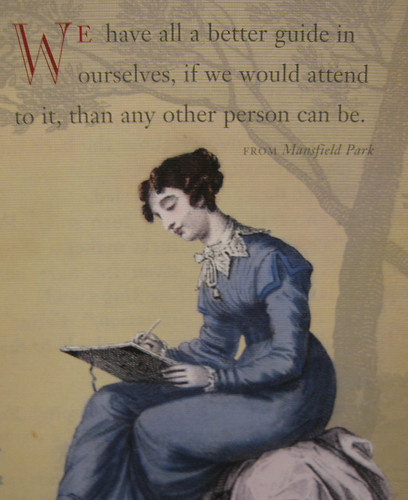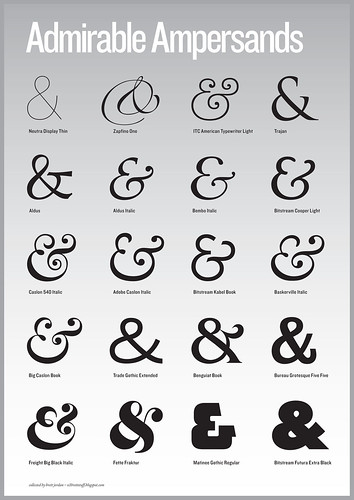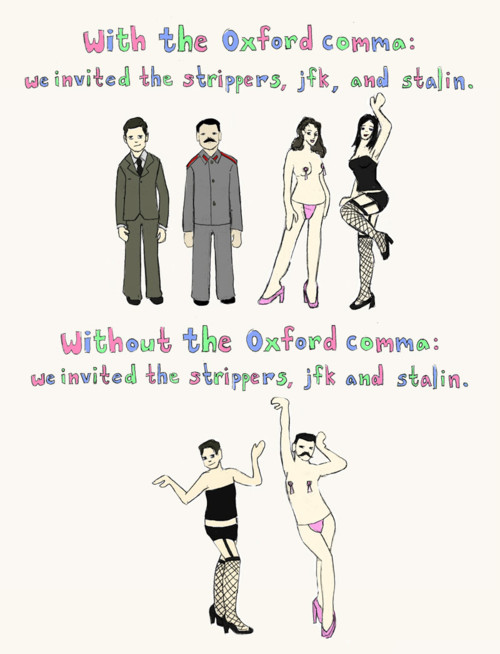[Photo: CC BY 2.0 by shawnzrossi]
Today is Talk Like Jane Austen Day, an annual celebration of the publication of Austen’s novel, Sense and Sensibility, which while “not the first novel she wrote,” was the first she published.
How does one talk like Jane Austen? Here are 10 Austenite words to get you started.
baseball
“It was not very wonderful that Catherine, who had by nature nothing heroic about her, should prefer cricket, baseball, riding on horseback, and running about the country at the age of fourteen, to books–or at least books of information–for, provided that nothing like useful knowledge could be gained from them, provided they were all story and no reflection, she had never any objection to books at all.”
Jane Austen, Northanger Abbey, 1817
First up, a debunking. There are claims that Austen wrote about baseball decades before the official invention of the American pastime. However, according to the Oxford English Dictionary, the term baseball may refer to “any of various related games played with a ball and (usually) a bat, in which a player strikes the ball with the bat or the hand and attempts to run to one or more bases to score point,” and not necessarily American baseball. Furthermore, there were several earlier mentions of the word, starting from 1748.
catch (someone’s) eye
“‘What do you mean?’ and turning around he looked for a moment at Elizabeth, till catching her eye, he withdrew his own and coldly said, ‘She is tolerable, but not handsome enough to tempt me.'”
Jane Austen, Pride and Prejudice, 1813
To catch someone’s eye means to “to attract and fix; arrest.” According to the Online Etymology Dictionary, the first recorded usage of this phrase was in Austen’s Pride and Prejudice. Eye-catcher, “an object or person that seizes the attention,” is attested to 1923, while eye-catching, “visually attractive,” is from 1933.
chaperon
“I am sure I shall be very happy to chaperon you at any time till I am confined, if Mrs Dashwood should not like to go into public.”
Jane Austen, Sense and Sensibility, 1811
Chaperon means “to act as chaperon to or for,” or to accompany. Austen’s was the first recorded “verbing” of the noun form of this word, “a person, especially an older or married woman, who accompanies a young unmarried woman in public,” or “an older person who attends and supervises a social gathering for young people.”
Chaperon originally referred to “a hood or cap worn by the Knights of the Garter when in full dress,” or “a name given to hoods of various shapes at different times,” and came to mean “one who accompanies” based on the idea that the older woman or person shelters the younger one like a hood, according to the Oxford English Dictionary (OED).
coddle
“Be satisfied with doctoring and coddling yourself and the children, and let me look as I choose.”
Jane Austen, Emma: A Novel, 1815
An earlier meaning for coddle is “to boil gently; seethe; stew, as fruit,” probably ultimately coming from the Latin calidium, “warm drink, warm wine and water.” The verb sense of “treat[ing] tenderly as an invalid; humor; pamper” was first recorded in Austen’s Emma. Mollycoddle, “to be overprotective and indulgent toward,” is newer, attested to 1870, with molly “used contemptuously since 1754 for ‘a milksop, an effeminate man.’”
Collins
“Coming down, she found a letter from Mr Pinckney. It had been forwarded by her grandmother from Ravenel and was dated at Wheeling. A ‘bread-and-butter’ letter – the English call it a Collins, after the respectable gentleman so named in one of Jane Austen’s novels.”
Frederic Jesup Stimson, In Cure of Her Soul, 1906
A bread-and-butter letter is “a short, hand-written communication to thank someone who has recently provided you with hospitality, usually dinner or an overnight visit,” where bread and butter refers to “hospitality in general.”
According to World Wide Words, the Collins letter is “a literary joke based on William Collins, an elaborately polite character” in Austen’s Pride and Prejudice, published in 1813: “The promised letter of thanks from Mr. Collins arrived on Tuesday, addressed to their father, and written with all the solemnity of gratitude which a twelvemonth’s abode in the family might have prompted.”
coze
“Miss Crawford appeared gratified by the application, and after a moment’s thought, urged Fanny’s returning with her in a much more cordial manner than before, and proposed their going up into her room, where they might have a comfortable coze, without disturbing Dr. and Mrs. Grant, who were together in the drawing-room.”
Jane Austen, Mansfield Park, 1814
Coze refers to “anything snug, comfortable, or cozy; specifically, a cozy conversation, or tête-à-tête.” The word made its first recorded appearance in Austen’s Mansfield Park, and was formed by associating, according to the OED, cozy, which originated around 1709, and the French causer, to talk.
itty
“I flatter myself that itty Dordy will not forget me at least under a week.”
Jane Austen, The Novels and Letters of Jane Austen, Volume 11, 1798
Itty, baby talk for something small, made its first appearance in a letter from Austen. Related are itty-bitty (1855) and itsy-bitsy (1890).
Janeite
“The term ‘Janeite’ was coined in 1894 in George Saintsbury’s preface to ‘Pride and Prejudice,’ and Rudyard Kipling wrote a story called ‘The Janeites’ in 1924, about World War I soldiers who get through the ugliness of trench warfare through their shared love of Austen’s novels.”
Rebecca Traister, “I Dream of Darcy,” Salon, June 27, 2007
A Janeite is a fan of Jane Austen and her writings. Other fan words include Trekker, Trekkie, shipper, Browncoat, and x phile.
sympathizer
“Mrs Weston, who seemed to have walked there on purpose to be tired, and sit all the time with him, remained, when all the others were invited or persuaded out, his patient listener and sympathizer.”
Jane Austen, Emma: A Novel, 1815
A sympathizer is “one who sympathizes with or feels for another; one who feels sympathy,” and is formed from the verb sympathize. Sympathizer’s first recorded usage is in Austen’s Emma, and has come to especially refer to “one disposed to agree with or approve a party, cause, etc.; a backer-up,” according to the OED.
tittuppy
“Did you ever see such a little tittuppy thing in your life? There is not a sound piece of iron about it.”
Jane Austen, Northanger Abbey, 1817
Tituppy, sometimes tittupy, means “lively; prancing; high-stepping,” or “shaky; unsteady; ticklish.” Its first recorded usage is in Austen’s Northanger Abbey, and comes from tittup, “to move in a lively, capering manner; prance,” or “a lively, capering manner of moving or walking; a prance.” Tittup may be “imitative of the sound of a horse’s hooves.”



